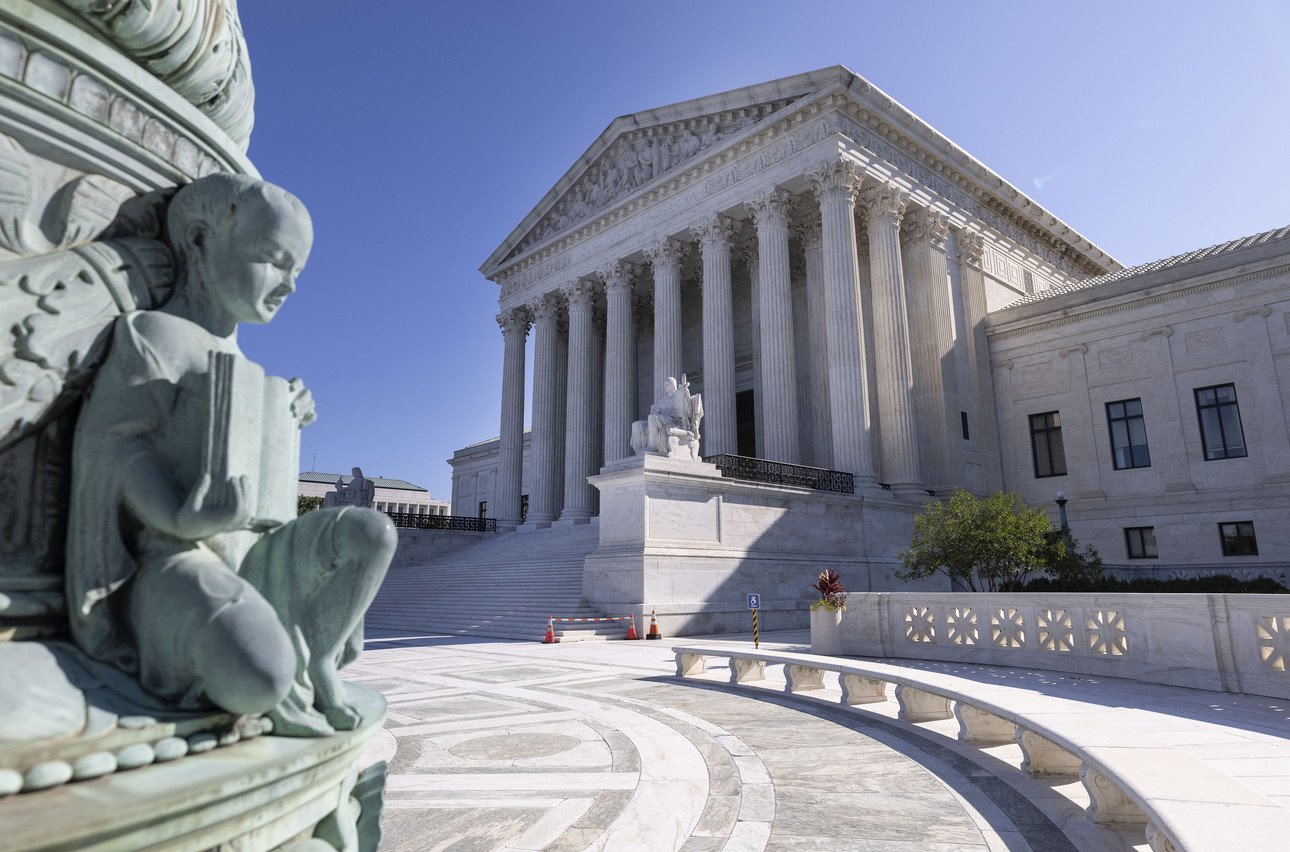DOYLESTOWN, Pa. — The Supreme Court on Friday denied an emergency appeal from Pennsylvania Republicans, allowing thousands of provisional ballots to be counted in a decision that will significantly impact the 2024 presidential election. The ruling is a major win for voting-rights advocates, as it ensures that provisional ballots cast by voters whose mail-in ballots were rejected for minor errors will be counted.
The Supreme Court’s decision upholds a previous Pennsylvania Supreme Court ruling that requires election officials to accept provisional ballots from voters who attempted to vote by mail but faced disqualification due to issues like missing dates, signatures, or secrecy envelopes. This decision primarily affects counties controlled by Republicans, where voting-rights groups had pushed to allow voters to use provisional ballots if their mail-in ballot was rejected for minor discrepancies.
Key Rulings on Mail-In Ballots and Provisional Voting
While the Supreme Court’s action dealt a setback to Republicans, the Pennsylvania Supreme Court delivered a victory to the GOP in a separate ruling. The court rejected an effort by voting-rights advocates to mandate the acceptance of mail-in ballots that lack an accurate handwritten date on the envelope, signaling that such ballots will not be counted.
The conflicting rulings add a layer of complexity to Pennsylvania’s mail-in voting system, which has seen multiple legal challenges over the last four years. Republicans have repeatedly advocated for strict interpretations of voting laws to disqualify certain mail-in ballots, which tend to be cast predominantly by Democratic voters. Meanwhile, Democrats and voting-rights groups have argued that minor mistakes should not invalidate a voter’s ballot.
Taken together, Friday’s rulings will place a significant emphasis on enabling voters to cast provisional ballots on Election Day if their mail-in ballot is rejected, likely leading to further litigation post-election if results are close.
High-Stakes Legal Battle in Pennsylvania
The stakes are high in Pennsylvania, a critical battleground state with 19 electoral votes. Both parties recognize the pivotal role the state plays in determining the presidential election outcome. In 2016, Trump narrowly won Pennsylvania, and in 2020, Biden reclaimed it by a slim margin. With the Harris and Trump campaigns locked in a tight race, every vote will count.
As of Thursday, state records indicate that approximately 9,000 ballots out of more than 1.6 million returned have been flagged for issues such as missing signatures, dates, or secrecy envelopes. Given the state’s strict rules surrounding mail-in ballots, this figure underscores the importance of provisional voting options.
A Pennsylvania voting-rights lawyer, Witold Walczak, who played a role in the recent cases, emphasized that the issue of undated ballots will likely resurface if the election outcome in Pennsylvania is close. “It’s almost certain that this is going to be raised again after the election, especially if it’s a close election,” Walczak, who is also the legal director of the American Civil Liberties Union of Pennsylvania, told reporters.
Extended Voting Hours and Last-Minute Ballot Requests
On Friday, Pennsylvania voters scrambled to cast their ballots ahead of Election Day. In Erie County, a judge granted about 15,000 residents who had not received their mail-in ballots permission to apply for replacements until Monday. Similarly, in Bucks County, a suburban Philadelphia county, voters were given a last-minute extension to apply for and receive a mail-in ballot in response to a lawsuit from the Trump campaign. The Trump team had alleged that local election offices turned voters away as they struggled to meet increased demand.
The scene in Doylestown, Pennsylvania, was emblematic of the high stakes of this election. Long lines snaked around the Bucks County elections office, with wait times exceeding two hours by Friday afternoon. Nakesha McGuirk, a Harris supporter from Bensalem, waited in line despite her long work commute next week, preferring to secure her vote ahead of time. “I figured that rather than risk not getting home in time to vote, it would be better to do it early,” McGuirk said.
Republican voter Patrick Lonieski, a Trump supporter, expressed similar sentiments, emphasizing the importance of ensuring his vote was counted in what he called a “pivotal” county.
As 5 p.m. approached, one last voter sprinted to the door to make it in before the deadline, to cheers and applause from the crowd. Inside, election workers celebrated the dedication of voters, who remained undeterred by the long lines and potential delays.
What’s Next: Potential Legal Battles Await
As Election Day looms, Pennsylvania officials expect the provisional ballots and mail-in voting issues to be points of contention. With such high stakes and razor-thin margins likely to decide the outcome, the state is bracing for potential legal challenges if results are close. This election cycle has already seen extensive legal wrangling, and Friday’s rulings indicate that the state is likely to be a hotspot for continued litigation.
Pennsylvania voters and officials are now facing an uncertain path ahead, where every ballot and every legal decision could make the difference in one of the most consequential presidential elections in recent history.
Sources:
• Associated Press. “Supreme Court Rejects GOP Appeal on Provisional Ballots in Pennsylvania.” AP News, 3 Nov. 2024, www.apnews.com.
• The New York Times. “Mail-In Voting Rules Remain Contentious in Key Battleground State.” NYTimes, 3 Nov. 2024, www.nytimes.com.
• Walczak, Witold. Interview with Associated Press.

